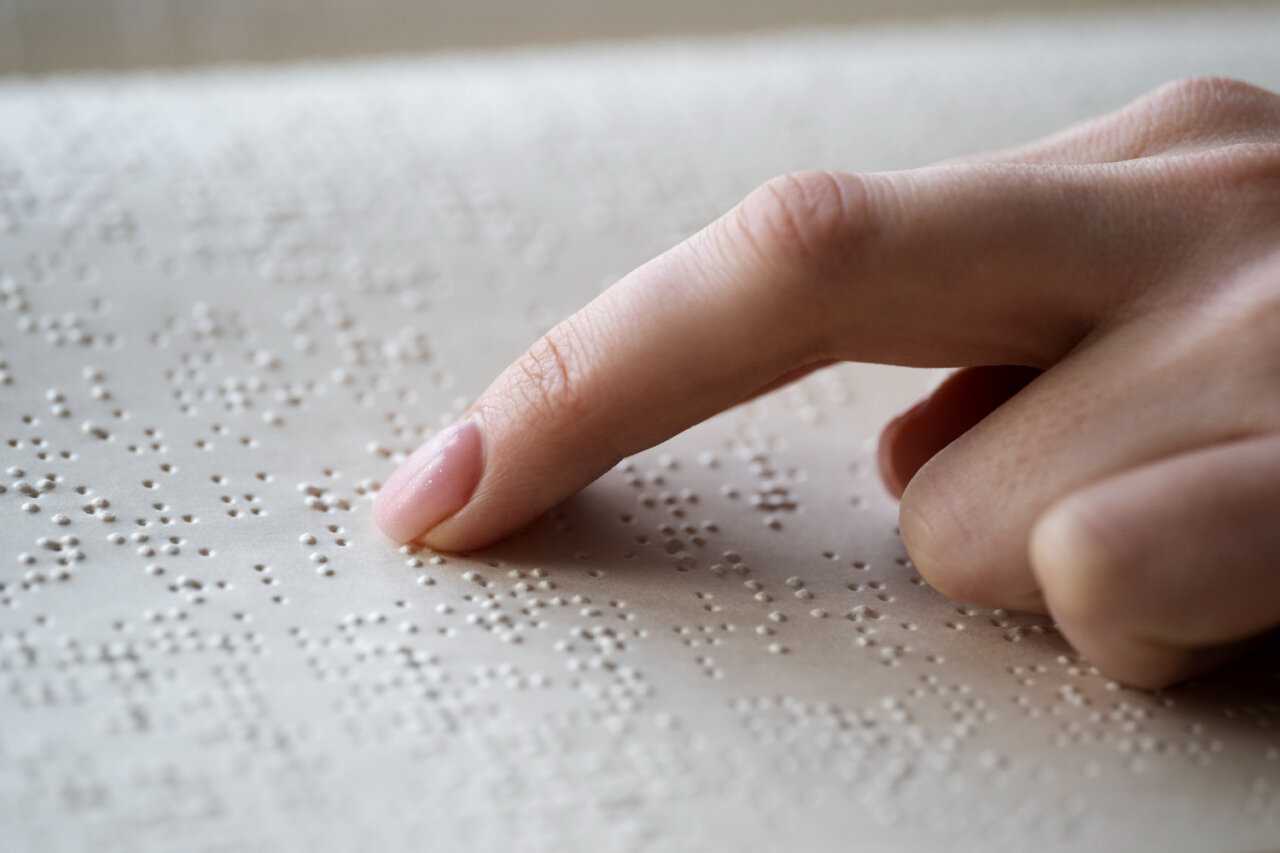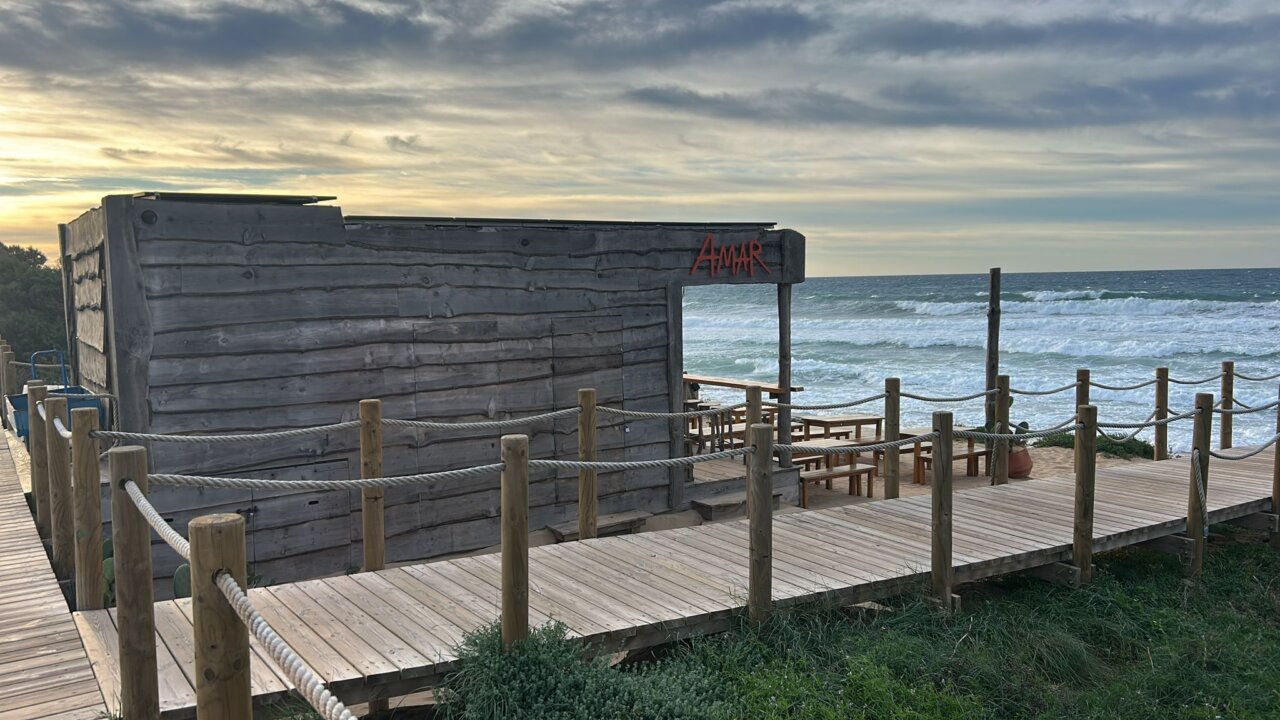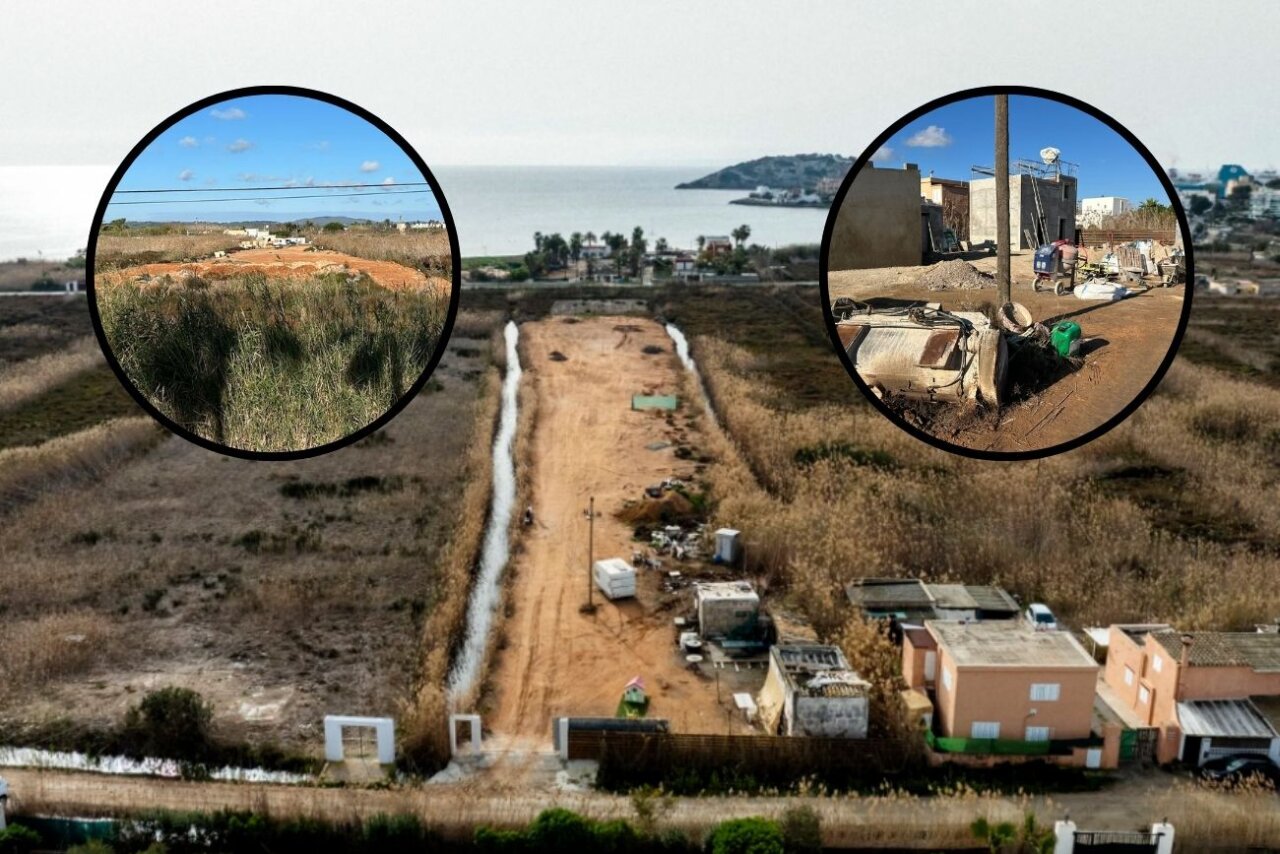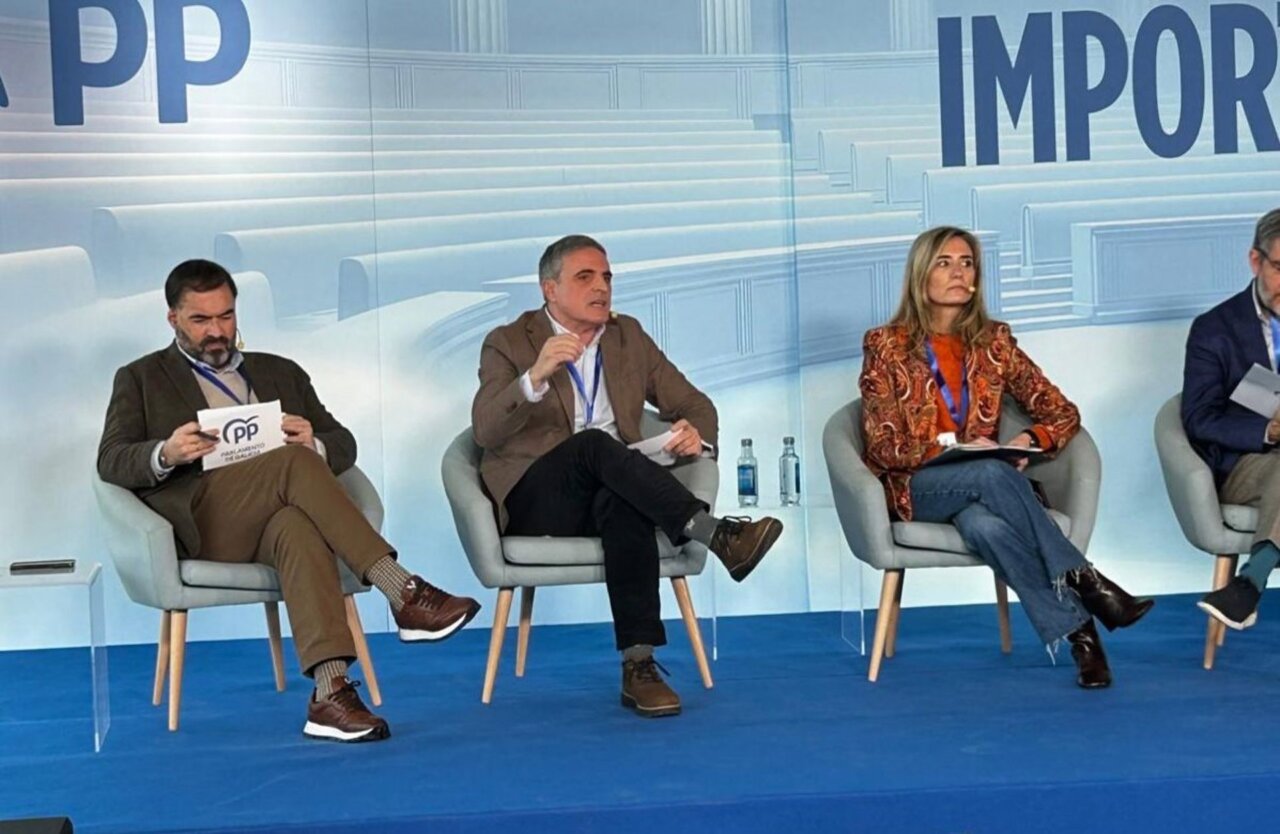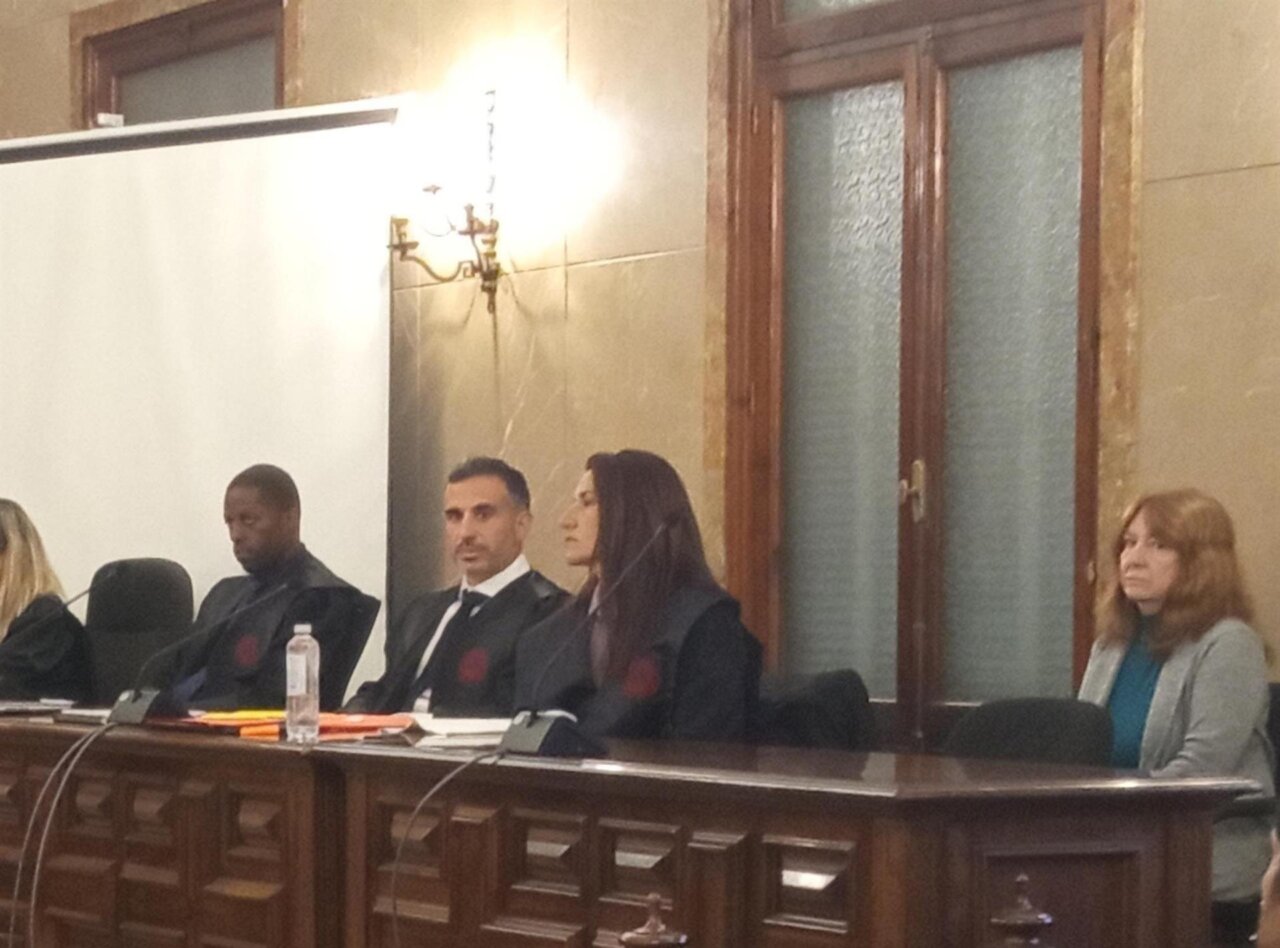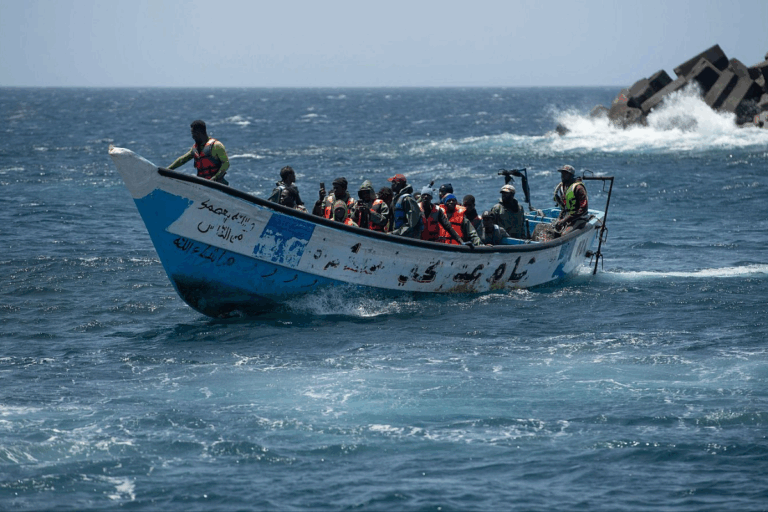The United Nations (UN) estimates that there are more than 1.3 billion people in the world who are blind or have some degree of visual impairment.
“Braille provides them with access to information, education, freedom of expression and opinion and promotes their inclusion,” says the UN. That is why, six years ago, it established that every January 4th, World Braille Day is celebrated, in order to raise awareness about the importance of this means of communication. In the Balearic Islands, there are about 1,250 people with severe visual impairment or total blindness affiliated to the Spanish National Organization of the Blind (ONCE), reports to La Voz de Ibiza the Head of Social Services for ONCE affiliates, Jorge Diaz Peinado. “More specifically in Ibiza and Formentera, there are currently 110 people,” he explains. The Pitiusas have not had their own ONCE delegate for months, something that is expected to change in the coming months, according to Díaz Peinado.

The specialist emphasizes that ” World Braille Day is important, because it serves to make everyone aware of the main way in which a person with blindness communicates”. He also celebrates: “It is interesting how every day we see more and more Braille signage in our parks, museums, memorials, etc., and even more interesting that it is becoming more widespread. For example, now we also have braille on our medicines, something like this makes real and effective inclusion closer every day.”
-What is your assessment of the development of Braille?
-We must consider it very important for a person, regardless of his or her disability, to have a literacy system for complete and effective communication. That is why more and more initiatives are being developed so that people who are born with a severe visual impairment can have access to Braille.
-What kind of initiatives?
-There are a multitude of tools and games with which children can begin to play and become familiar with this point system so that, in the future, they will consider it complementary to audio systems, which are also very useful today thanks to technology.
-Is braille losing ground in the face of increasing digital accessibility?
-They are two issues that can perfectly coexist because they are focused on different areas. It is very important that all areas of daily life become more and more accessible, but this does not detract from the fact that people can choose to have one or another system of written communication or reading. It is the latter that Braille offers to anyone who wants to learn it.
-What activities is ONCE developing in the Balearic Islands related to Braille?
-Currently there is a whole team of professionals in charge of teaching Braille at all educational stages and also Braille for adults. In addition, understanding that everyone should have a literacy code, either in ink or braille, this task should not be left only to text reading systems and learning only by ear.
-And how does ONCE work with this?
-To support the advancement of technology without downplaying the importance of the braille system, our technicians are responsible for teaching new tools that allow writing/reading in braille on any device such as PC, tablet or mobile. This is accomplished with a tool called braille line.
What is braille: origin and operation
Braille, as explained by the United Nations, is a tactile representation of alphabetic and numeric symbols that uses six dots to represent each letter and number, including musical, mathematical and scientific symbols. World Braille Day was established in honor of the birth of Louis Braille, the inventor of the system. Braille, born in France in 1809, was blind in his childhood. He attended a school for the blind, where he learned about a military system that helped soldiers communicate silently with each other. On that basis, he created the system that is used today: a matrix with cells that allows 64 different combinations, depending on whether or not the dots appear in the cells.

